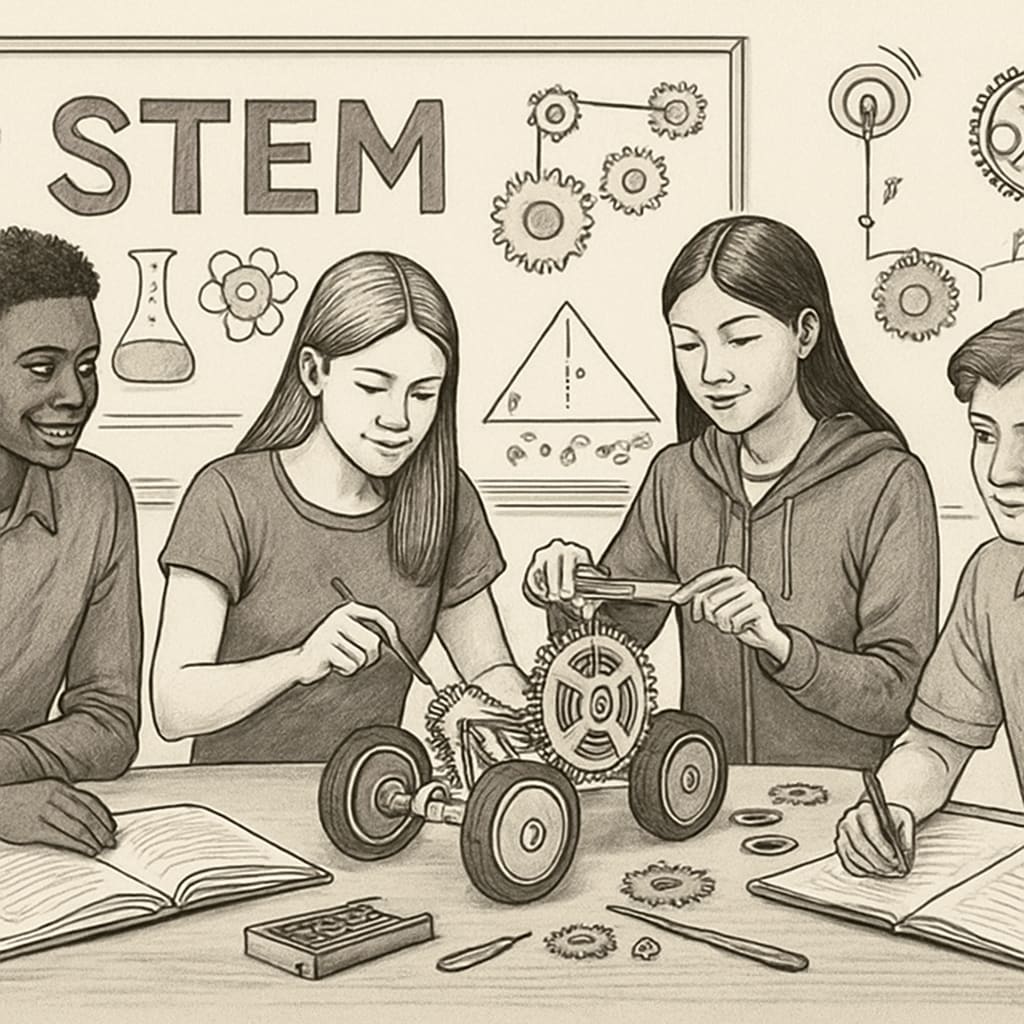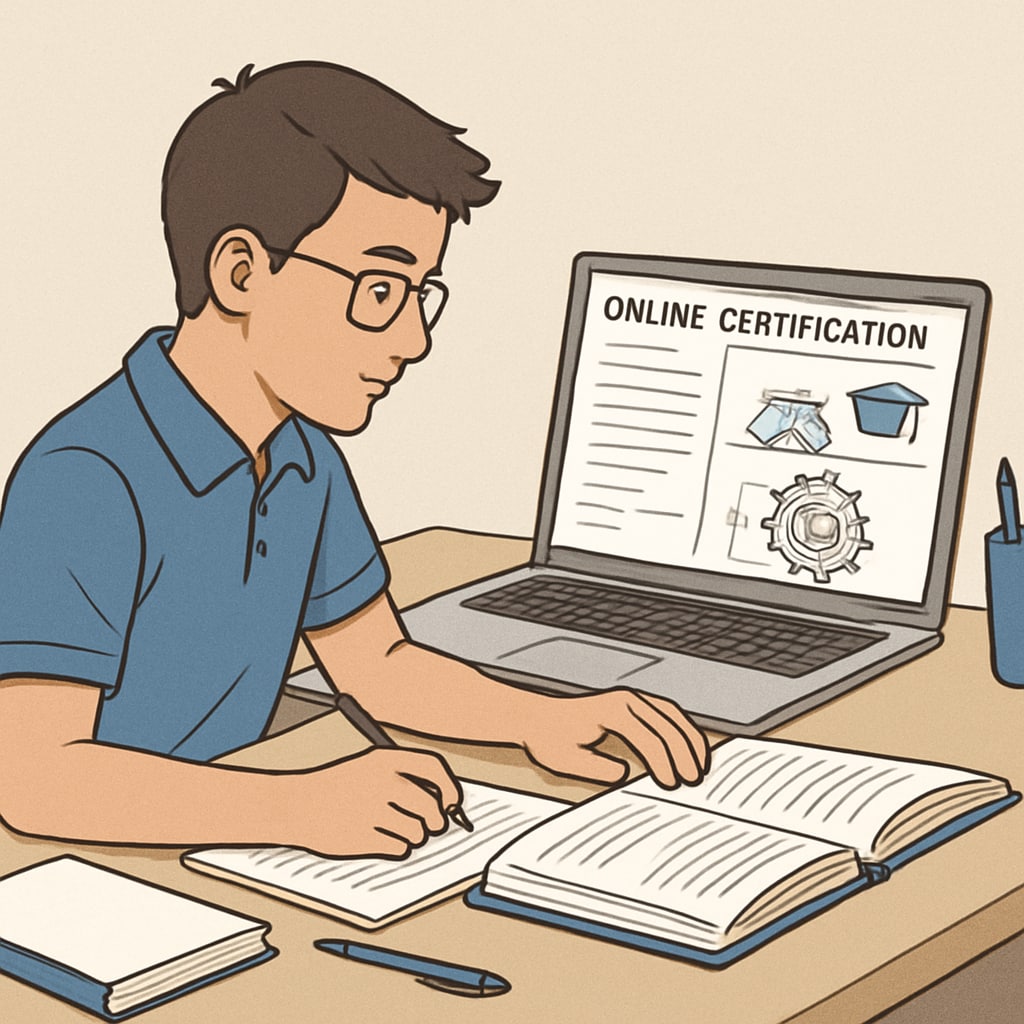In today’s increasingly competitive job market, the idea of pursuing online degrees, mechanical engineering, and certifications has gained traction among students and parents alike. As higher education trends emphasize multi-disciplinary expertise, many are now asking: should such plans be extended to K12 students? While dual degrees and early specialization can offer significant advantages, they also come with their own set of challenges. This article evaluates the feasibility and value of early career planning for K12 students, especially in STEM fields, and proposes balanced strategies for their holistic development.
Early Specialization: A Double-Edged Sword
Encouraging K12 students to plan for dual degrees or certifications in fields like mechanical engineering may equip them with a head start in their careers. For example, students exposed to engineering principles early on can develop problem-solving skills, critical thinking, and technical knowledge that serve them well in higher education and beyond. Additionally, online education platforms make it easier than ever to access specialized courses and certifications at a young age.

However, early specialization also carries risks. For instance, students may feel pressured into a career path before fully exploring their interests. This can lead to burnout or a lack of motivation if they later discover that their chosen field does not align with their passions. Furthermore, the rigorous demands of dual-degree planning could compromise other aspects of their education, such as creativity, social skills, or mental well-being.
The Role of Online Degrees and Certifications
Online degrees and certifications have become increasingly popular as flexible and accessible alternatives to traditional education. These programs offer students the opportunity to learn at their own pace and explore advanced topics, such as robotics or computational design, that align with mechanical engineering. Platforms like Coursera and edX, for example, provide high-quality courses taught by industry experts, making advanced education more accessible than ever.
For K12 students, online certifications can serve as valuable supplements to their regular curriculum. They allow students to delve deeper into specific fields of interest without the pressure of committing to a full degree. However, it is important to ensure that these programs are age-appropriate and that students have the necessary support to manage their workload effectively.

Striking a Balance: Holistic Development for K12 Students
While the idea of earning dual degrees or certifications is appealing, it is crucial to balance academic rigor with other aspects of development. Here are some strategies to help K12 students achieve a well-rounded education:
- Encourage Exploration: Allow students to explore various fields through internships, workshops, and extracurricular activities before committing to a specific career path.
- Focus on Soft Skills: Skills like communication, teamwork, and adaptability are just as important as technical expertise. Ensure students have opportunities to develop these through group activities and creative projects.
- Leverage Online Resources Wisely: Use online degrees and certifications as supplementary tools rather than primary objectives. Choose programs that align with students’ interests and developmental stage.
- Support Mental Health: Monitor students’ stress levels and ensure they have adequate time for rest, hobbies, and social interaction.
By adopting these strategies, parents and educators can help students build a strong foundation for future success without overwhelming them with excessive demands.
Conclusion: Is Early Planning Worth It?
In conclusion, while the pursuit of online degrees, mechanical engineering, and certifications can provide K12 students with a competitive edge, it is essential to consider the potential drawbacks of early specialization. A balanced approach that prioritizes exploration, holistic development, and mental well-being is key to preparing students for the challenges of the future. By fostering curiosity and resilience, we can help students chart a career path that aligns with their passions and strengths, equipping them for long-term success in an increasingly dynamic world.
Readability guidance: This article uses short paragraphs, transition words, and a clear structure to enhance readability. Key points are summarized in lists to ensure easy comprehension, and active voice is prioritized throughout.


